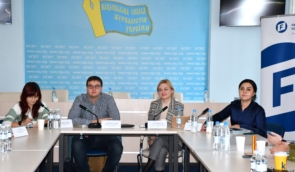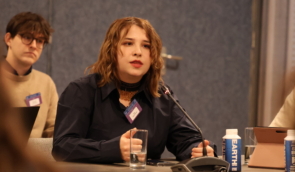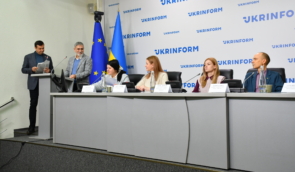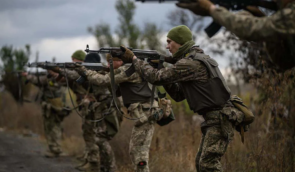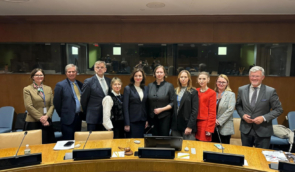Issue of reintegration should be key, and human rights are priority in Ukraine’s restoration – Alena Lunova
On June 30, discussion entitled “Vision of Ukraine 2030: Reform and Recovery of the Social and Humanitarian Sphere” took place in Kyiv, during which a corresponding advocacy document was presented. The document was prepared by about 50 civil society experts from independent think tanks, NGOs, and academic institutions.
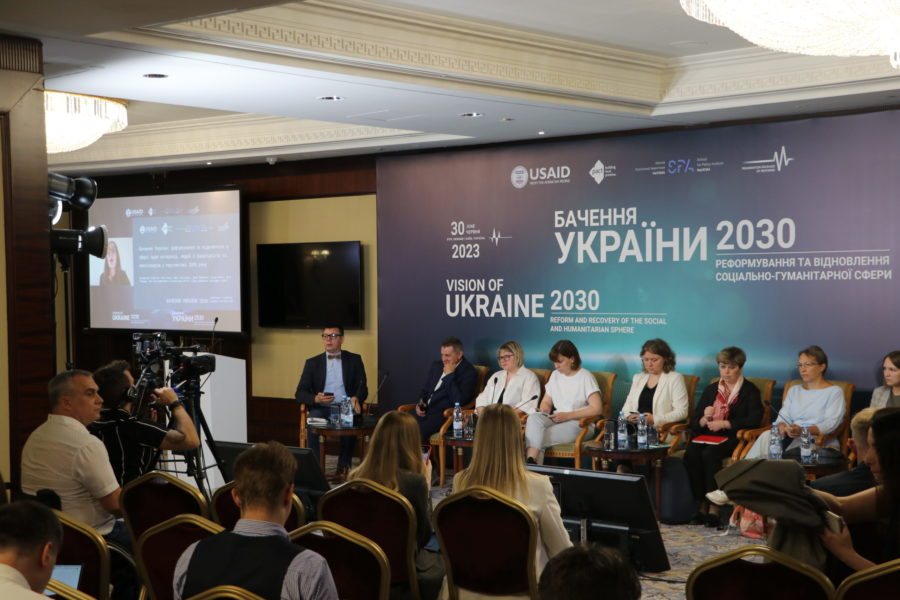
The event organizers — Reanimation Package of Reforms Coalition, the School for Policy Analysis NaUKMA, and Professor Yevhen Bystrytskyi — note that the visionary part of the document was submitted for wide commenting by the public. In addition, this work is the most comprehensive presentation of the vision of the development of the social and humanitarian sphere in the coming years.
According to Yevhen Bystrytsky, who is the executive editor of the document, this study contains 400 pages which present the liberal-democratic area of reforming Ukraine in all social and humanitarian spheres: national identity, civil society, media, human rights, education and science, health care system, social policy, youth and sports, etc.
During the presentation of the section on gender policy, human rights, and reintegration, Alena Lunova, advocacy director at Human Rights Centre ZMINA, noted that it is impossible to talk about ending this war and solving social issues related to it without justice.
Lunova noted that due to the full-scale war in Ukraine, the vector of state policy regarding internally displaced persons has changed; there is a large number of victims as a result of armed aggression and a significant number of occupied territories where human rights are systematically violated. Currently, the country needs to develop reintegration policies, bring national legislation into compliance with EU requirements, and strengthen the national mechanism for implementing the principles of gender equality.
Separately, the human rights defender noted: because of the war, the situation of women in so-called caring professions is neglected.
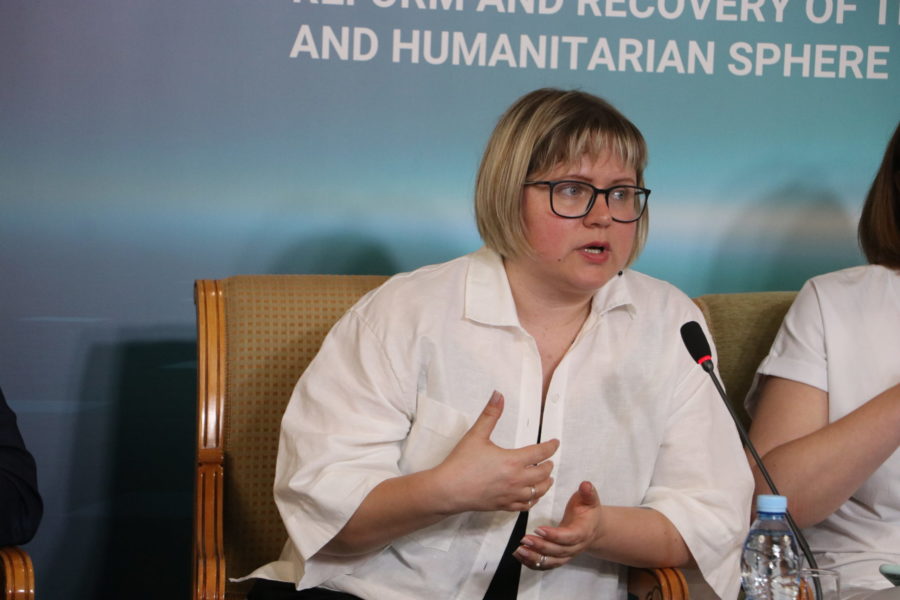 Alena Lunova
Alena Lunova Civil society experts who worked on the block on gender policy, human rights, and reintegration see the state in 2030 as one where:
- De-occupied territories and their residents are reintegrated into the legal, cultural, educational, and information space of Ukraine
- Restored human rights, capacity of communities, territories after de-occupation are cross-cutting elements of various policies
- Reforms that took place in 2014-2023 are fully implemented in the de-occupied territories
- Consequences of the occupation in the socio-cultural dimension are eliminated
- Protection and rights of the victims and justice are restored
- Gap between legislative regulation and social practice has narrowed
- Rights of military personnel are properly protected
Alena Lunova also pointed to the problems that exist in the state now. Among them: lack of a holistic vision for reintegration; departure and non-return of citizens of Ukraine; lack of implementation of a compensation mechanism for war victims; gender gap in the political participation of women and men, as well as in wages; disregard for the potential of women in the security and defense field, etc.
“The vision of reintegration should be holistic, not fragmented. In the restoration of Ukraine, the issue of reintegration should be key,” Lunova believes.
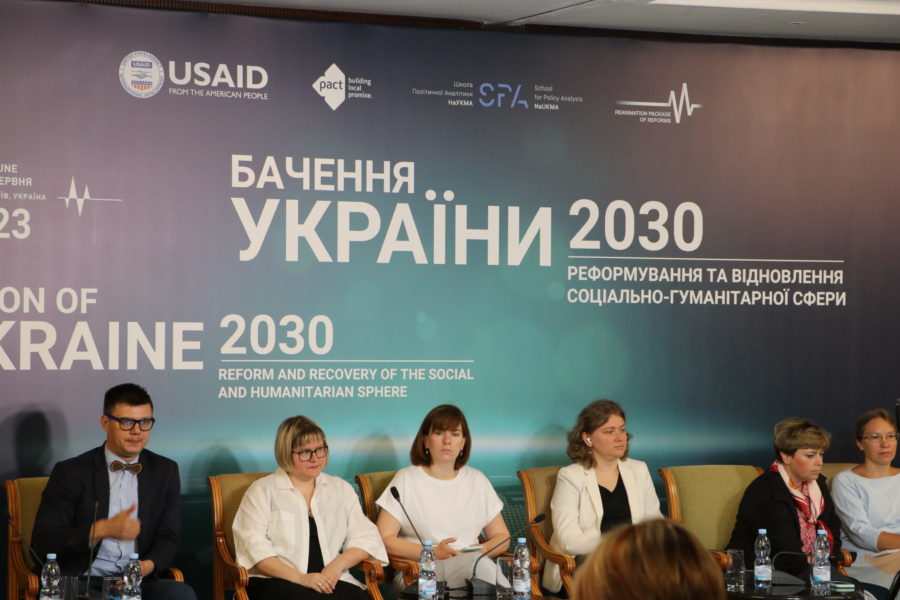
She added that human rights are among the red lines that the state should consider when implementing policies: “Human rights are a priority, they cannot be forgotten because of war.”
Read the full text of the document “Vision of Ukraine 2030: Reform and Recovery of the Social and Humanitarian Sphere” here. Watch the video from the presentation of the document at the link.
If you have found a spelling error, please, notify us by selecting that text and pressing Ctrl+Enter.

